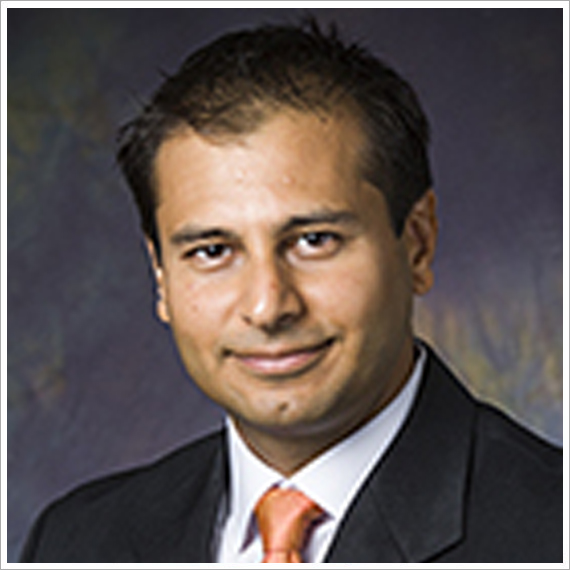
Can Bayram
Assistant Professor of Electrical and Computer Engineering
University of Illinois at Urbana-Champaign
Champaign, Illinois, USA
Phone: +1 (847) 863-6991
E-mail: cbayram@illinois.edu

Prof. Bayram’s research addresses societal challenges related to energy and sustainability via (1) Hetero-integration, (2) Light emitting diodes, and (3) Solar cells.
Integration of GaN with silicon technology leads to new levels of performance in both power amplification and power conversion. GaN devices outperform any silicon-only-based technology for power applications. The work Prof. Bayram has carried out – heterointegration of GaN devices on CMOS-compatible silicon substrates– is extremely important for the future of transistors as it is compatible with existing silicon technologies. This technology is easily adoptable by CMOS fabrication lines, and has a significant economic impact. Among other press coverage (such as in Power Electronics World), this work was highlighted as the Frontispiece Cover article in Advanced Functional Materials.
Light emitting diodes (LEDs) are very important for solid state lighting. Recently, visible light has become essential for bioapplications such as behavior modification, drug delivery and activation, and biolaser pumping. Even complex tissues such as brain are shown to be made “transparent” to visible light. These work motivate for wavelength-tunable emitters and detectors that are flexible in nature for in-situ biomanagement. Based on his thin-film blue LED work, Prof. Bayram is planning to develop a new class LEDs, bioLEDs, that will replace existing fiber- based light delivery techniques. As required visible light output power intensity is low, he is planning to power these bioLEDs through energy harvesting in-situ or wirelessly.
Solar irradiance holds the potential for fulfilling the growing global energy demand but spreads quite dilute. III-V solar cells can be engineered to harvest energy over a broad sunlight spectrum and finds valuable application space in concentrated photovoltaics (CPV). Prof. Bayram has developed a new class of solar cells: inverted thin-film III-V cells – in demand for CPV, terrestrial, and unmanned air vehicle applications - and set the highest specific power record (~2000 W/kg) under one sun.

Assistant Professor of Electrical and Computer Engineering
University of Illinois at Urbana-Champaign
Champaign, Illinois, USA
Phone: +1 (847) 863-6991
E-mail: cbayram@illinois.edu